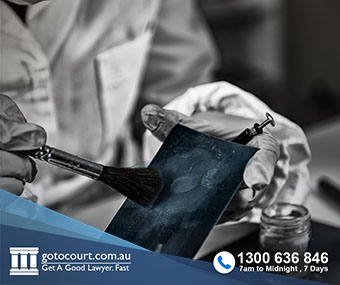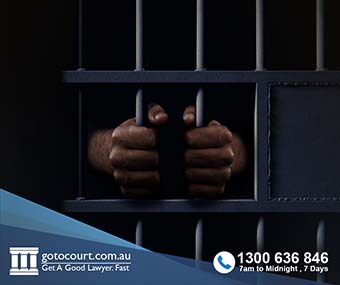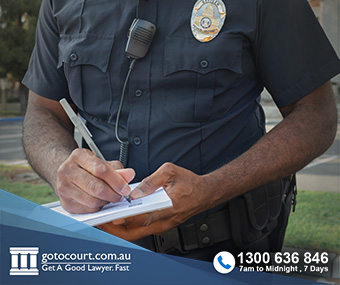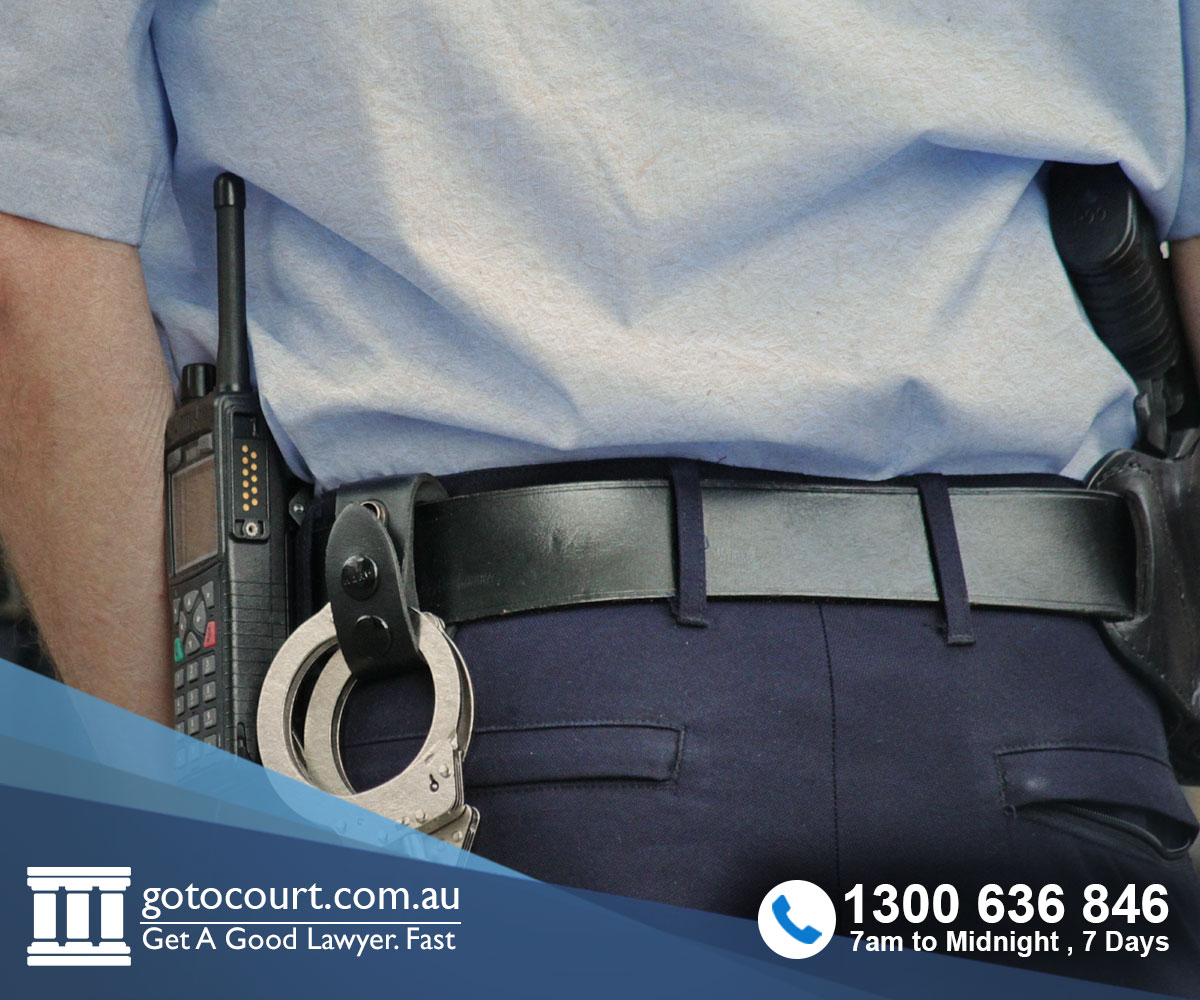Protective Custody, Intoxication and the Law (NT)
There can be a number of legal consequences to being found drunk in a public place. These include being taken into protective custody or being charged with an offence. Being drunk can also have an impact on the weight that a court can give to your testimony in the event you witness or are involved in a crime. If you are apprehended while intoxicated, it is important to remember that the police cannot question you about any offences they think you may have committed until you have sobered up.
Protective custody
Under Section 128 of the Police Administration Act, the police can apprehend a person who appears to be intoxicated to the point of not being able to adequately care for themselves and who may cause harm to themselves or to someone else, alarm the general public or commit an offence. This is generally referred to as ‘protective custody’.
When a person is taken into protective custody they are not under arrest. Protective custody is classed as ‘apprehension without arrest’.
A person can be taken into protective custody if they are in a public place or if they are trespassing on private property. When the police take a person into protective custody they are allowed to search the person and remove any items that may be used to harm themselves or someone else. The police are allowed to use as much force as is reasonably necessary to take someone into protective custody.
When a person is taken into protective custody, they can be held only for as long as they remain intoxicated (Section 129). However, if you are taken into custody after midnight you can be held until 7.30am even if you are no longer intoxicated.
Police interviews
The police are not allowed to question a person who is in protective custody about an offence. If the police do question a person while they are in protective custody, any answers they give will be inadmissible in court. (Section 130).
Whenever police interview a person in relation to an offence, they must ensure the person is not affected by alcohol or drugs. If a person is taken into protective custody and they are also suspected of having committed offences, police will generally wait until the person is no longer intoxicated, release them from protective custody and then invite them to participate in an interview. Participation in an interview in relation to criminal offences is always voluntary.
Disorderly conduct in public
It is an offence under the Summary Offences Act to engage in riotous, offensive, disorderly or indecent behaviour in public (Summary Offences Act, Section 47). A person need not be drunk to be found guilty of this offence, however drunken behaviour in public can lead to a charge under this section. A person who behaves in a disorderly manner in a police vehicle or police station may also be charged under this section. This offence carries a maximum penalty of $2000 fine or imprisonment for six months.
Can I be held responsible for an offence I commit while drunk?
The criminal law holds a person responsible for acts they commit while they are voluntarily intoxicated. This means that if you make the choice to drink alcohol or take drugs and then commit a criminal offence, you cannot use the fact that you were drunk as a defence.
If you were involuntarily intoxicated , you may be found not to be responsible for your actions. This means that if you did not choose to take alcohol or drugs, but were forced or tricked into it, you may be able to use this as a defence. However, this is only the case if you were so intoxicated that your normal capacity to act and reason was impaired to the point that you could not be said to have known the wrongness of your actions.
Can I give evidence about something that happened when I was drunk?
If you witnessed a crime at a time when you were intoxicated, you may be required to go to court and give evidence of what happened. Giving an accurate account of something you saw or heard can sometimes be harder if you were intoxicated at the time. However, this is not always the case.
If you are a witness to a crime, but you were drunk when it happened, it is likely that the accuracy of your account will be called into question. The amount you drank and the general state you were in will be relevant considerations when the judge, magistrate or jury is evaluating your evidence and deciding how much weight to give to it. However, the court will not necessarily reject the evidence of a witness who was heavily intoxicated. If you can give a consistent and detailed account of what you witnessed, the clarity of your evidence may persuade the court that you are a reliable witness notwithstanding the fact that you were intoxicated.
If you would like to speak to a lawyer please contact Go To Court Lawyers.








